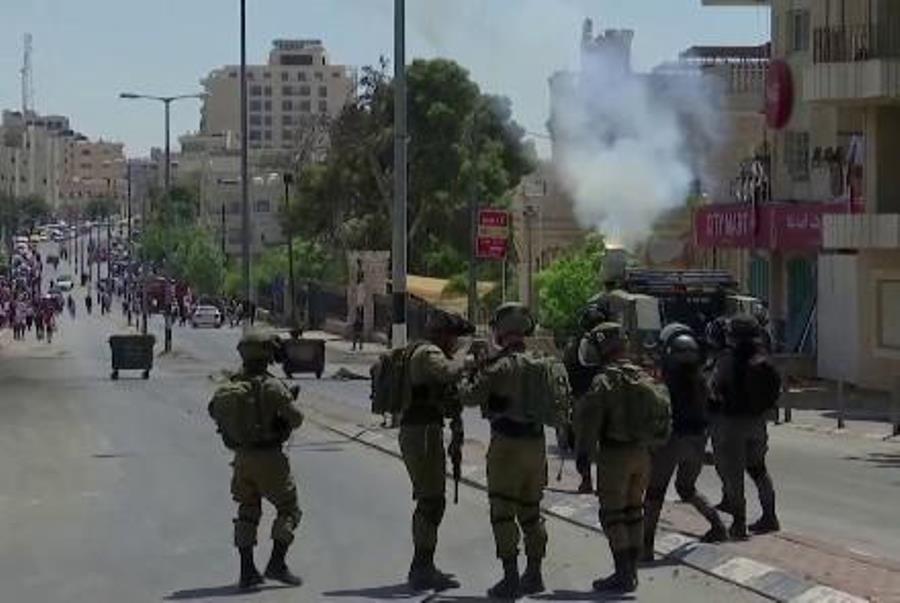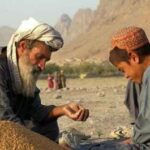The Israeli military said Sunday it targeted the home of Gaza’s top Hamas leader after nearly a week of heavy airstrikes and rocket fire into Israel from the territory ruled by the Islamic militant group.
Brig. Gen. Hidai Zilberman, an army spokesman, told Israel’s army radio Sunday that the military targeted the home of Yehiyeh Sinwar, the most senior Hamas leader inside the territory, who is likely in hiding along with the rest of the group’s upper echelon.
His home is located in the town of Khan Younis, in southern Gaza Strip. The military said it also targeted the home of Sinwar’s brother. It was not clear if the two shared a family residence.
Hamas and the Islamic Jihad militant group have acknowledged 20 fighters killed since the fighting broke out Monday, while Israel says the real number is far higher.
Hamas and other militant groups have fired some 2,000 rockets into Israel since last Monday, when tensions over a flashpoint holy site in Jerusalem and the threatened eviction of dozens of Palestinian families from a nearby neighborhood boiled over.
Israel has carried out hundreds of airstrikes across the impoverished and blockaded territory and brought down a number of high-rise buildings, including one that housed The Associated Press’ Gaza office.
The latest round of fighting — the worst since the 2014 Gaza war — has killed at least 145 Palestinians in Gaza, including 41 children and 23 women. Eight Israelis have been killed, including a 5-year-old boy and a soldier.
Early on Sunday, Israeli warplanes struck several buildings and roads in a vital part of Gaza City. Photos circulated by residents and journalists showed the airstrikes created a crater that blocked one of the main roads leading to Shifa hospital, the largest medical center in the strip.
The Health Ministry said the latest airstrikes left at least two dead and 25 wounded, including children and women. There has been no immediate comment from the Israeli military.
On Saturday, Israel bombed the home of Khalil al-Hayeh, a senior figure in Hamas’ political branch, saying the building served as part of the group’s “terrorist infrastructure.” There was no immediate report on al-Hayeh’s fate or on any casualties.











